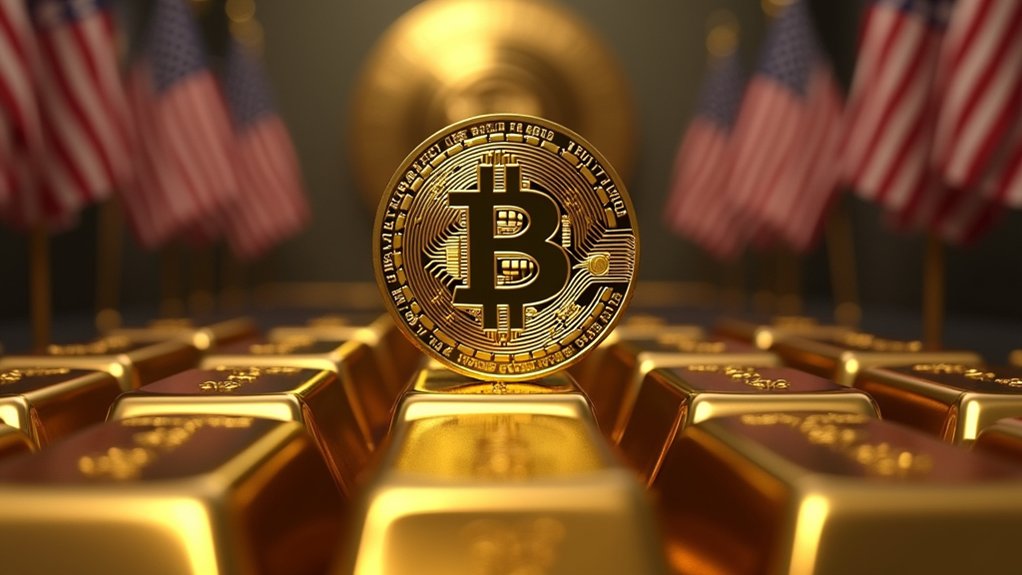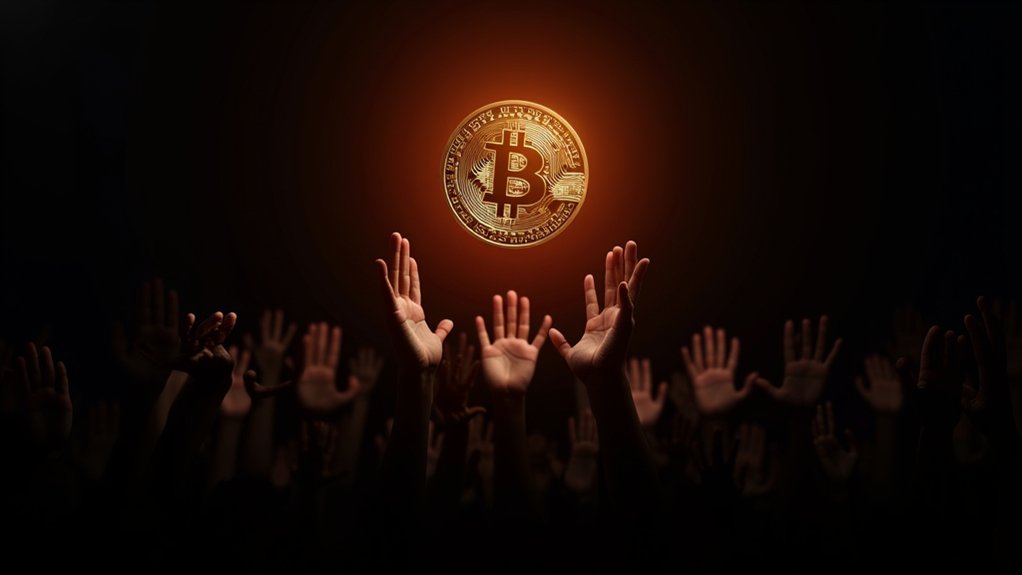While Trump’s announcement of a U.S. Crypto Strategic Reserve sent Bitcoin soaring from $85,000 to $95,000, the enthusiasm fizzled faster than a cheap firework.
Bitwise CIO Matt Hougan isn’t mincing words – the market completely missed the point. Everyone’s obsessing over which altcoins might make the cut while ignoring the bigger picture.
Industry heavyweights aren’t buying the “let’s include everything” approach. Coinbase CEO Brian Armstrong and Bitwise CEO Hunter Horsley are practically begging for a Bitcoin-only reserve. They’ve got a point. Tossing speculative assets like Cardano into a national reserve? That’s like putting Pokemon cards in Fort Knox.
Industry leaders favor Bitcoin-only approach. Adding speculative altcoins to the national reserve is like stashing Pokémon cards in Fort Knox.
The initial proposal will probably change. A lot. After the White House Crypto Summit on March 7, expect a more focused, Bitcoin-centric approach. Industry leaders will make sure of it. The final reserve might be bigger than we think, but narrower in scope.
This isn’t just about America’s crypto piggy bank. Other countries are watching. El Salvador and Bhutan already hold Bitcoin. Countries like Honduras, Mexico, and Guatemala might feel pressured to follow suit.
The U.S. move could kickstart a global adoption wave like nothing we’ve seen before.
Politicians are finally getting it. The GOP’s pro-crypto stance won votes. Democrats got zilch from their crypto hostility. Future administrations won’t touch the reserve – selling would be political suicide. It’s like the gold standard but with better memes.
Economically, a Bitcoin reserve could hedge against inflation and potentially strengthen the dollar. Bitcoin’s market cap stability makes it more suitable than volatile smaller cryptocurrencies for a national reserve. Think Strategic Petroleum Reserve, but for digital value.
Implementation won’t be easy, though. How will the government buy Bitcoin? Will they use seized assets? Who’s watching for insider trading? The inclusion of XRP has already sparked controversy due to Ripple’s significant donations to pro-crypto PACs and Trump’s inauguration fund.
This development positions bitcoin as an asset of strategic importance, transforming how governments worldwide view digital currencies in their national portfolios.
The stakes are enormous. Ignore Bitcoin’s central role in this reserve, and the U.S. might fumble a once-in-a-generation opportunity.
As Hougan suggests, the market’s myopic focus on altcoins rather than Bitcoin’s strategic importance could prove a costly miscalculation for investors and policymakers alike.





